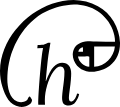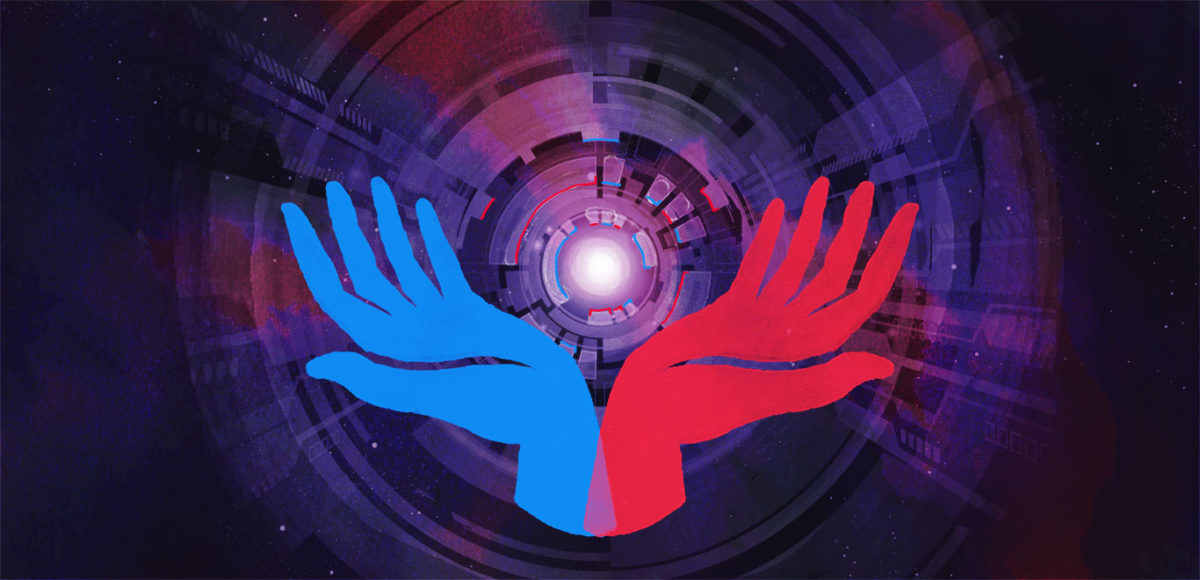by Alexander Görlach
The demise of religion has been prophesied ever since the beginning of modernity. The main argument has been that as the scientific view of the world spread, faith would diminish. What mythology and speculation had spent centuries trying to explain would become the domain of science. But even four hundred years later, we are still surrounded by religion. Why?
Religion still exists because it creates narratives that become part of our identity. The “Christian Occident”, the “Abendland”, is still very Christian. Last year, the PEW Institute in Washington carried out a study in Europe. Of the respondents, 90 percent said that they were baptized Christian while 70 percent stated that Christian values are important for them in everyday life. But only 20 percent of those questioned went to church regularly on Sundays.
Ethics, whether it is understood religiously or culturally-religiously, will deal less with sin as an obstacle on the way to heaven than with questions of fairness and distributive justice.
These figures alone show that religion plays a significantly larger role than worshiping a deity that you believe in. Being a Christian is part of the identity of countless Europeans. However, that mainly describes their cultural imprint and an ethical framework that builds on Christian humanism. In Germany, we refer to this group of people as “cultural Christians”. A similar phenomenon is observable in Judaism and Islam. In this sense, religion will remain a part of the “conditio humana” as long as it remains a shorthand for where we came from and where we’re heading.
How does this notion of religion fare in the age of AI and robots? Will the dream of the Enlightenment come true and religion disappear forever from the face of the earth? Religion may now indeed be threatened for the first time in its existence, and not just one particular one, but all; Hinduism, Islam, Judaism, Christianity and all other religions are affected equally.
Why? Religions span a large arc over human existence and links it to the individual life of each human being. Certain rites, “rites du passage“, are ascribed to every stage of life. This is an amazing cultural achievement of religion. Man finds himself embedded in the overall structure of the world and experiences his biological growth and decay in the context of a cosmic, religious narrative. These rites include birth, maturity, marriage, and death. Only one atheistic ritual has survived the disintegration of godless realms: the formal consecration of youth in the GDR. All other rites of passage have a religious origin. They originate from a time in which people, if they were lucky, lived forty years.
This change of perspective from heaven to earth is new for religion. Not everyone will want or be able to follow this path.
Newborns today have a good chance of turning one hundred. This presents the rites of passage – and religion per se – with two challenges. On the one hand, the prevailing narratives of the afterlife, inspired by life after death, are based on the assumption that human beings regularly died long before their biological expiry date due to epidemics, hunger, fever, or war. The energy spent on thinking about possible life-prolonging divine interventions testifies to the desire to triumph spiritually over the adversities of the biological world. The feeling of missing the most beautiful is replaced by gratitude for a long, fulfilled life. The second challenge is that the passage rites have no expression for the ageing of people who reach one hundred years of age. So, for the first time, a new global movement can emerge that will create narratives for this new reality and beat religion on its very own ground.
This is not a plea for atheism. It is above all about the cultural dimension of religion, its narrative and its rites of passage. The question of whether God exists or not remains untouched by all that has been said so far. Ethics, whether it is understood religiously or culturally-religiously, will deal less with sin as an obstacle on the way to heaven than with questions of fairness and distributive justice. The most urgent question, what man is, has not yet been answered conclusively. Here, too, the great traditions can be keyword providers. This change of perspective from heaven to earth is new for religion. Not everyone will want or be able to follow this path. Religions have always come and gone. Maybe this time religion will leave the stage forever?

 | Technology, AI and ethics.
| Technology, AI and ethics.

